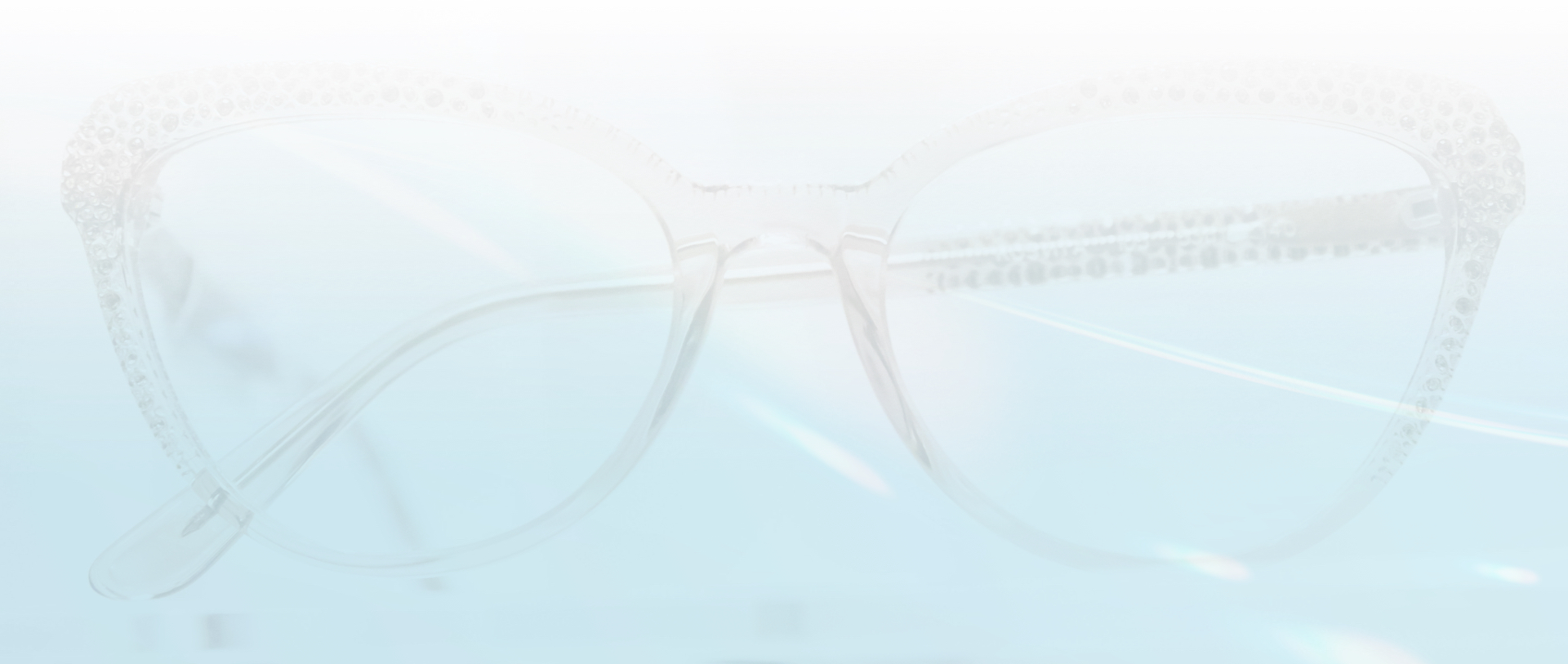Sunglasses are more than just a stylish accessory; they’re a key tool for protecting your eyes from harmful UV rays and reducing glare. However, for some, wearing sunglasses may lead to an unexpected and uncomfortable side effect—dizziness.
While wearing sunglasses can make you dizzy, the proper pair shouldn’t. Whether you’re looking for prescription sunglasses or protecting your eyes from the sun when out on adventures, your optometrist can find the right lenses for you.
Common Causes of Dizziness
Dizziness refers to a range of sensations that affect balance and spatial orientation. It can manifest as lightheadedness, unsteadiness, or vertigo (a spinning sensation). While rarely life-threatening, dizziness can disrupt daily activities and impair quality of life.
Several factors contribute to dizziness, including:
- Inner ear issues (e.g., vestibular disorders): The inner ear plays a crucial role in maintaining balance. Conditions affecting this area can trigger dizziness and vertigo.
- Dehydration: Insufficient fluid intake can lower blood pressure and cause lightheadedness.
- Medications: Certain drugs, including some antibiotics and antidepressants, list dizziness as a side effect.
- Vision-related concerns: Eyestrain, uncorrected vision issues, or poorly adapted eyewear may also contribute.
The Importance of Wearing Sunglasses
Sunglasses are designed to reduce light intensity and eliminate glare by filtering out harmful UV rays and harsh sunlight. This makes them invaluable for maintaining eye health and improving visibility, particularly outdoors.
- UV protection: Prolonged exposure to UV rays can damage the eyes over time, leading to conditions such as cataracts or macular degeneration. High-quality sunglasses shield your eyes effectively.
- Reduced eye strain: By minimizing glare and preventing excessive squinting, sunglasses reduce stress on your eyes, which can have long-term benefits.
While these benefits are important for your ongoing eye health, sunglasses might, in rare cases, cause dizziness.
Potential Connections Between Sunglasses & Dizziness
Though sunglasses are generally beneficial, certain aspects of their design may affect some people’s sense of balance or overall comfort. Often there are ways of handling these issues so you can still wear sunglasses, but it can take some extra care.
Wearing Sunglasses When It’s Too Dark
For those with photophobia (light sensitivity), sunglasses can alleviate discomfort by reducing exposure to bright light. However, wearing overly dark lenses in inappropriate lighting conditions, such as indoors, can cause your eyes to overcompensate and work much harder. This difficulty may potentially trigger dizziness or disorientation.
Polarized Lenses
Polarized lenses are great for reducing glare, making them ideal for driving or spending time near water. But some people might feel dizzy when wearing polarized sunglasses. This happens because the lenses change how light enters your eyes, which can affect how you see depth and space.
For example, it might be harder to see LCD screens or notice reflections clearly, which can cause a bit of disorientation. While this isn’t common, it can be uncomfortable for those sensitive to visual changes.
Poor Quality Lenses
Uneven tinting or distorted surfaces on low-quality glasses can change how light passes through the lenses. This uneven light can make your eyes work harder to adjust, leading to strain and discomfort.
Over time, this fatigue can become near-constant dizziness, especially if you wear them all day. Choosing well-made sunglasses with good-quality lenses can prevent these problems and protect your eyes properly.
Mismatched Prescriptions
If you have a pair of prescription sunglasses, wearing the wrong prescription can seriously impact your vision while causing dizziness. If your lenses don’t match your visual needs, your eyes have to work harder to focus, which can lead to unnecessary strain. This might mess with your depth perception, making it harder to judge distances and leaving you feeling a bit off-balance.
To avoid these problems, keep up with your regular eye exams and talk to your optometrist about making sure your prescription sunglasses are made correctly and suited to your eyes.
Frame-Related Concerns
Just like and shirt or your shoes, your sunglasses need to fit you properly. Heavy frames may create pressure points on the temples or nose, while frames that pinch too tightly can cause headaches, further compounding discomfort.
Avoid frames that feel too tight or shift constantly. Adjustable nose pads can provide a more secure, personalized fit.
When to Seek Medical Advice for Dizziness
Adapting to new sunglasses, particularly if they have a stronger tint or unique coatings, can take time. Wear them for short periods initially and gradually increase usage as your eyes adjust.
However, while occasional dizziness may not be cause for alarm, certain symptoms may indicate you need a professional evaluation, such as:
- Persistent dizziness: Lasting dizziness without clear explanation warrants an appointment with your doctor.
- Accompanying symptoms: Seek medical attention if dizziness is accompanied by severe headaches, vision loss, chest pain, or difficulty walking.
- Eye problems: If the issue seems related to your sunglasses or vision, consulting an eye care professional is crucial to identifying and resolving the underlying cause.
Your optometrist can assess whether factors such as lens quality, fit, or prescription inaccuracies are contributing to discomfort, or whether it’s a deeper issue and recommend you see another doctor. If it is your glasses causing your dizziness, we can recommend suitable alternatives.
Enhance Your Vision With Sunglasses All Your Own
Sunglasses are an essential accessory, providing protection and enhancing visual clarity. However, choosing the right pair is key to ensuring comfort and avoiding any unwanted side effects like dizziness. Be mindful of the sunglasses you choose. Check them for lens quality, frame fit, and a proper prescription.
If you’ve been dealing with dizziness or need help finding the perfect sunglasses for your needs, McCauley Celin Eyecare Associates is here to assist. We’re passionate about uncompromising quality and protection when it comes to our selection, so you can stay steady and confident in every step you take.
Book an appointment with us today to explore premium sunglasses tailored to your style.














